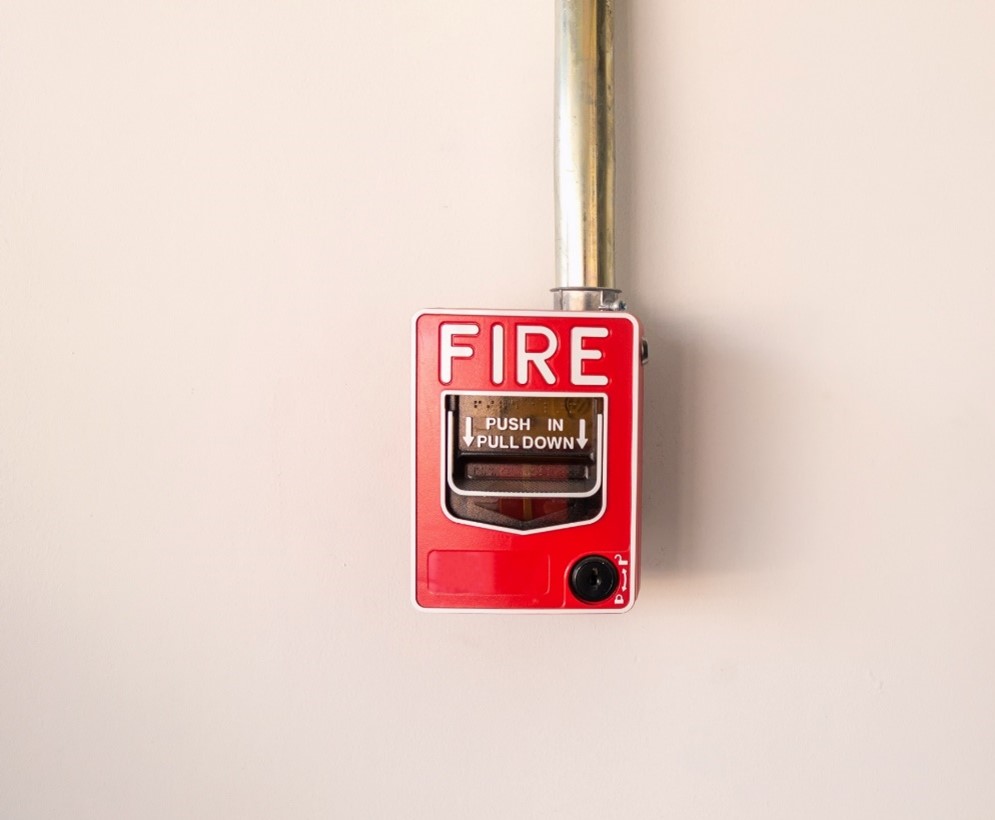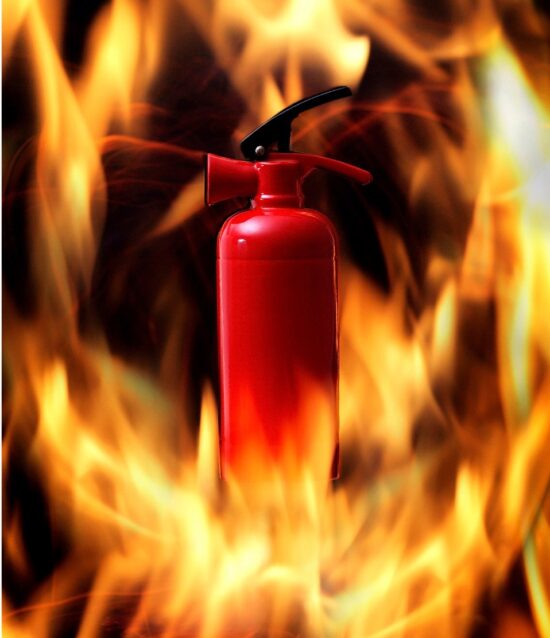In the realm of business operations, safeguarding assets and ensuring the safety of employees is paramount. One critical aspect often overlooked is the implementation of a robust fire protection system. While it may seem like an upfront investment, a well-designed fire safety system can yield substantial returns on investment (ROI) in the long run. In this article, Devin Doyle of Newport Beach dissects the financial considerations associated with adopting fire protection measures, demonstrating how this initial expense translates into substantial savings and unparalleled protection.
Upfront Investment: Fire Protection Systems
Fire detection and alarm systems are the first line of defense against potential fire incidents. They include smoke detectors, heat sensors, and alarm panels. While the initial cost varies depending on the size and complexity of the facility, they are indispensable in early fire detection and minimizing damage.
Automatic sprinkler systems are designed to suppress fires in their infancy. These automatic systems are highly effective and provide an immediate response. The upfront investment may be significant, but it is far outweighed by the potential loss mitigation they offer.
Fire extinguishers and suppression systems, often referred to as portable fire extinguishers and fixed suppression systems are critical components of any fire safety strategy. These come with an initial cost, but their rapid response capabilities can prevent small incidents from escalating into catastrophic events.
Long-Term Savings through Risk Mitigation
- Property Loss Mitigation: A well-implemented fire protection system can significantly reduce property damage in the event of a fire. This translates to lower repair and replacement costs, potentially saving businesses thousands or even millions of dollars.
- Insurance Premium Reductions: Insurance providers often offer reduced premiums to businesses with comprehensive fire safety measures in place. Over time, these savings can significantly offset the initial investment in the fire protection system.
- Business Continuity: Avoiding downtime due to fire-related incidents is invaluable. A functional fire protection system can prevent disruptions in operations, allowing businesses to continue generating revenue.
- Regulatory Compliance and Penalties: Non-compliance with fire safety regulations can result in hefty fines and legal consequences. Investing in a robust fire protection system ensures businesses adhere to these regulations, eliminating the risk of penalties.

Employee Safety and Morale
The safety and well-being of employees are of utmost importance. A well-equipped fire protection system provides peace of mind, creating a safer work environment and boosting employee morale.
Additionally, a safe workplace fosters loyalty among employees. It reduces turnover rates, which, in turn, lowers recruitment and training expenses.
Conclusion: A Sound Investment in Safety and Security
While the upfront investment in a fire protection system may seem substantial, the long-term returns, both financially and in terms of safety, are immeasurable. By mitigating property loss, reducing insurance premiums, ensuring regulatory compliance, and enhancing employee safety, businesses stand to gain significantly from this crucial investment. Ultimately, the ROI of a fire protection system extends far beyond dollars and cents—it provides peace of mind and invaluable protection for businesses and their most valuable assets.

